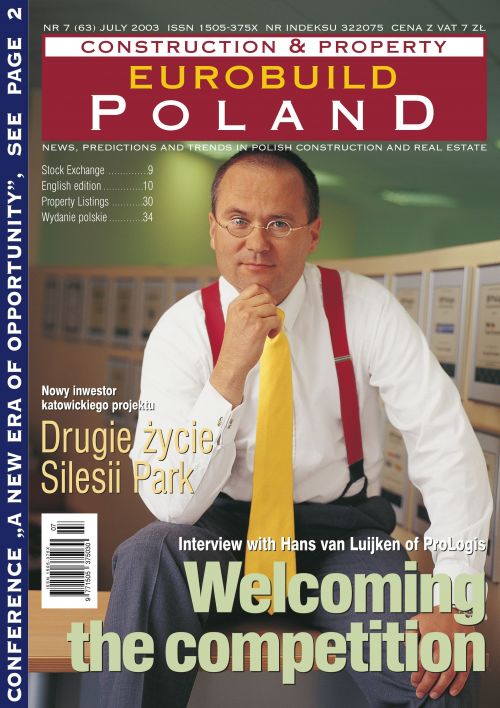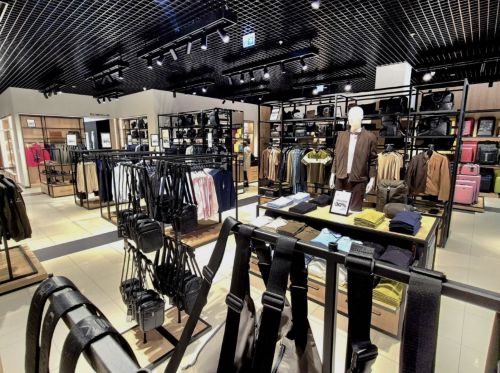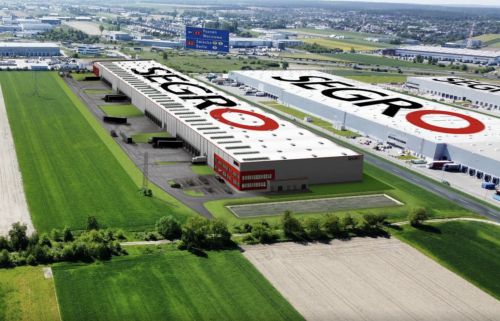Is it important how big your customers are? Is developing
warehouse schemes easier in Western Europe than in Poland? We discuss these
questions with Hans van Luijken, the ProLogis Vice-President responsible for
Central Europe and the head of the company in Poland
What is your opinion of the Polish market in the long and
short term?
I am very optimistic.
Why?
I think with joining the EU there's going to be a lot of foreign investment
coming here and a lot of western European companies will enter this market.
There is great potential: not only in the industrial but also in the warehouse
sector. I would expect a second wave of investment.
But some analysts say we shouldn't expect too much, because
any companies that wanted to invest in Poland are already here.
Some are. But Poland has now passed the point of no return and that may
encourage other foreign companies to come to this country. I think that some
firms may now actually focus on Poland and Central Europe. The othe




























































